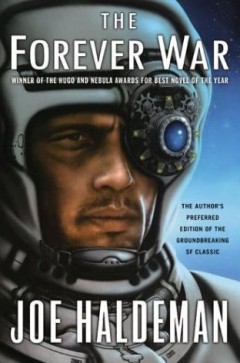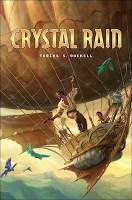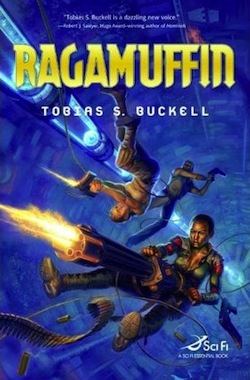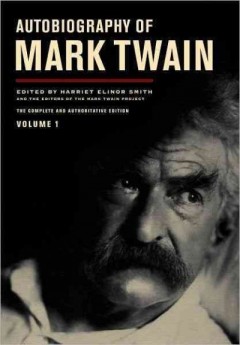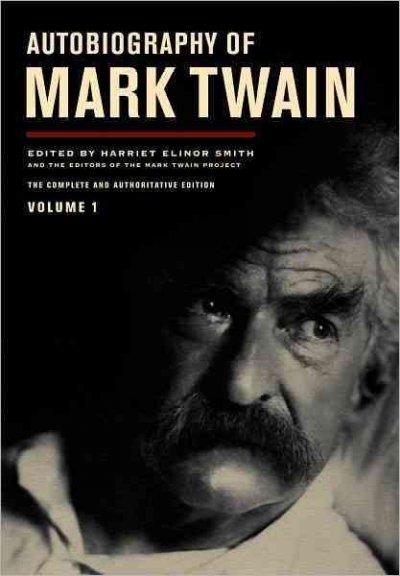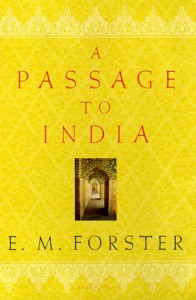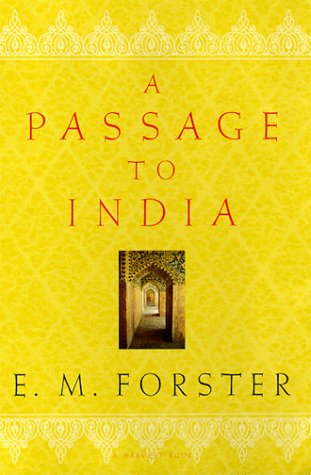“The Cartographer Wasps and the Anarchist Bees” is a delightful fable,1 not only on account of the political themes it explores but also some very fine writing. The short story was first published in Clarkesworld Magazine (Issue 55, April 2011) and then republished by Escape Pod (Episode 343, March 2012). If you’re partial to audio fiction, you can spend a pleasant half hour listening to the story being narrated by Kate Baker (Clarkesworld) or Mur Lafferty (Escape Pod).2 Yu’s tale has been nominated for a 2011 Nebula Award and a 2012 Hugo and is a finalist for a Locus Award and the Million Writers Award, and it is deserving of all of these honors. Yu, a student at Princeton, is a new author to watch.
Yu’s tale warns of the transitive and cyclical nature of violence — from thoughtless destruction to calculated imperialism. It begins with a boy attacking a wasp nest and ending the uneasy truce between the wasps and his village. The villagers make an amazing discovery: the wasps had inked beautiful maps of the land (China) into the walls of their nest. Soon the wasps were hunted to near extinction and a group of survivors manages to escape.
The leader of the surviving wasps has learned well the hard lessons of realpolitick. Once the new nest has been established, she orders her wasps to expand aggressively. A nearby bee hive is enslaved and forced to pay tribute. The victim of violence has resolved to avoid being the victim ever again by becoming the oppressor.
But the subjugation of the bees has unintended consequences. Some of the bees are educated and trained in philosophy, science, and cartography. One day a bee with an inclination to anarchism is born and so educated and trained, and she produces a brood of anarchist sons…
Yu believes (see the comments over at Clarkesworld) her story is hard science fiction for some reason to do with studies of bees, but since wasps and bees aren’t capable of cartography, philosophy, science, and the like, the story simply cannot be classified as hard science fiction; it’s fantasy. What do you think? ↩
If you have to choose, I’d go with Baker. To me at least, she is by far the better narrator. ↩


